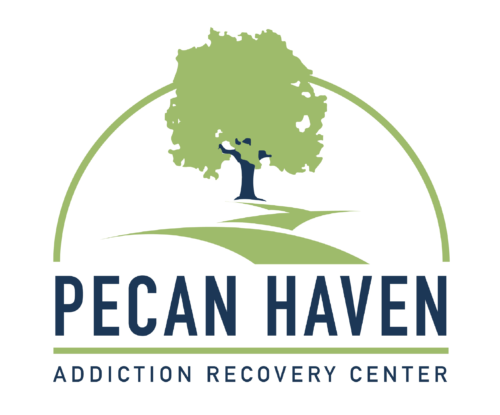Substance abuse among teenagers is a particularly serious problem– it has all of the usual harmful consequences of addiction, combined with serious long-term effects on developing minds’ health, education and overall wellbeing.
Substance abuse programs tailored for teens recognize the importance of early intervention and specialized care, making them a crucial resource. However, they’re typically not as well-known as other types of addiction treatment.
Here are just a few of the options available to help teens and their loved ones deal with substance abuse problems.
Adolescent-Specific Treatment
Teenagers have unique needs when it comes to substance abuse treatment, so programs that are designed specifically for teenagers look a little different compared to more traditional addiction treatment facilities.
Adolescent-specific programs are specially designed to address the physical, emotional, and developmental needs of teenagers dealing with substance abuse. They typically provide age-appropriate counseling, educational resources, and specialized therapies to engage and motivate teenagers.
Their primary focus is on building resilience, enhancing healthy coping skills, and helping to create positive peer connections.
Multidimensional Approaches
Addiction treatment is a complex matter without a one-size-fits-all solution. This is especially true when it comes to addiction treatment for teens.
Multidimensional approaches help to address various aspects of teenagers’ individual lives, tailoring the treatment to their needs to make it as effective as possible.
These programs might include treatments like cognitive-behavioral therapy (CBT), motivational interviewing, family therapy, and group counseling.
Targeting not only the addiction but also co-occurring mental health issues, family dynamics, and social influences can help to provide comprehensive support that gives teenagers a running start on the road to recovery.
Educational Support
The importance of education cannot be underrated in a teenager’s life. Teen substance abuse programs focus on education, which allows teens to continue their academic pursuits while they’re undergoing treatment.
This might look like on-site schooling, tutoring services, or collaborations with schools to facilitate a seamless transition and help teens stay on track with their studies.
Focusing on school helps give teens a sense of normalcy and consistency, while helping their chances of successful long-term recovery, too.
Peer Support and Group Therapy
For teens and adults alike, it’s often very helpful to connect with others who have experienced the same things they’re currently dealing with.
Substance abuse programs for teens incorporate group therapy, and peer support, to encourage teenagers to share their experiences and learn from one another while building a support network.
Facilitating open communication and a sense of belonging can work wonders for teenagers who are struggling with substance abuse issues.
Family Involvement and Counseling
The involvement of families is vital in teenage substance abuse programs.
These programs often include family therapy sessions, which help to address family dynamics and communication patterns. They also provide education on addiction and recovery to help everyone get on the same page.
Making sure that parents or guardians are involved is a great way to create a supportive and stable home environment, giving the teenager a much better shot at successful recovery.
Therapy and Support
At the root of each treatment option for teenagers, the ultimate goal is to help struggling teenagers find healthier ways of handling their current day-to-day stressors. Being a teenager can be extraordinarily difficult and isolating– but family and group therapies can foster healthy relationships and a sense of belonging that can work wonders.
At Pecan Haven, our services are strictly for people aged 21 and over– but if you have questions, we’d be happy to recommend some substance abuse treatment options for teens. Just give us a call today!
